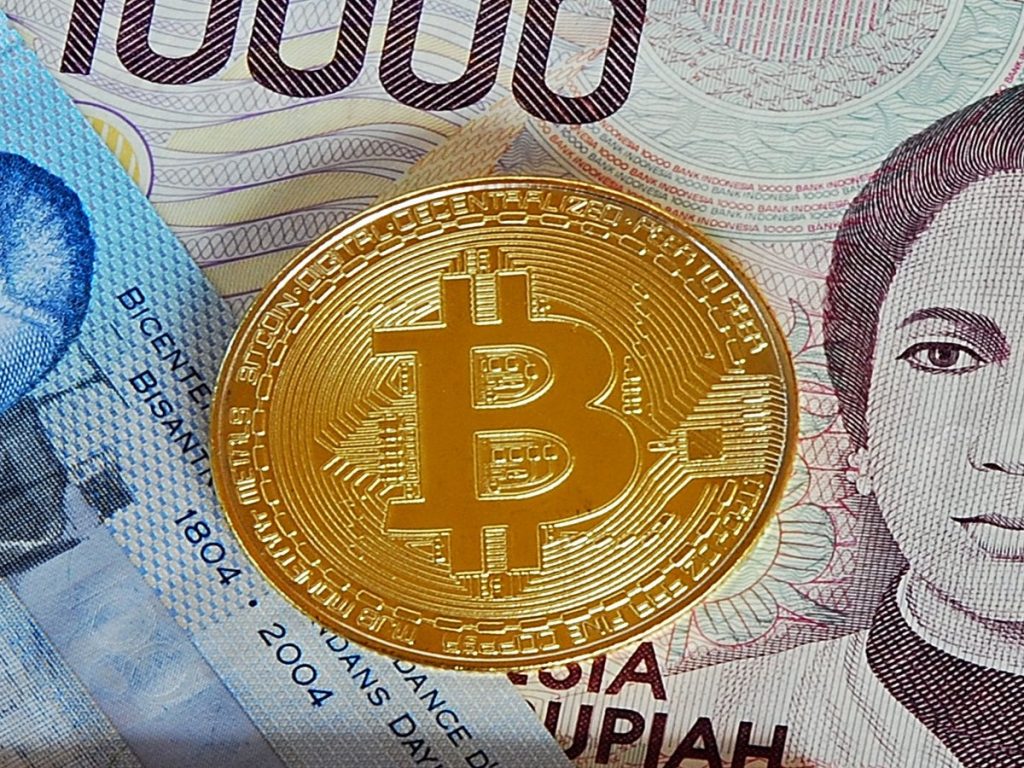The local Muslim authorities in Indonesia have prohibited cryptocurrency for Muslims in the country, citing “uncertainty, betting, and injury” as reasons.
The statute isn’t legally enforceable, but it might be used as a source of legislative inspiration

Crypto Assets Declared ‘Haram’
According to the National Ulema Council, cryptocurrency is prohibited for Muslims in Indonesia (MUI). The local authority is Indonesia’s top Islamic academic body, and it has officially declared all crypto assets to be haram (forbidden) for Indonesian Muslims.
Digital assets, according to Asrorun Niam Sholeh, chief of religious decrees, have aspects of “uncertainty, wagering, and injury.” At the Thursday expert hearing, Sholeh stated that cryptocurrencies as commodities or digital assets can be traded if they follow Shariah rules and provide a demonstrable advantage.
In late October, the MIU’s East Java branch issued a ‘fatwa,’ which is an official judgment on Islamic law issued by a competent legal scholar, pronouncing cryptocurrency haram. The entire council seemed to have come to an agreement on the decision.
Is Crypto Banned in Indonesia?
Despite the fact that Indonesia is not an Islamic country, the majority of its citizens are Muslims. The country in Southeast Asia has the world’s largest Muslim population. MUI is a religious leaders’ body that has the final say on Shariah conformity in the country. On Islamic finance issues, the minister of finance and the central bank contact this council.
The Indonesian government promotes the use of digital assets in the country to some extent. According to the law, cryptocurrency should be recognized as an asset and a commodity. As a result, citizens can trade them alongside commodities futures as an investment choice. By the end of the year, the country intends to open a crypto-focused exchange.
Furthermore, Bank Indonesia, the country’s central bank, is said to be considering creating a digital currency (CBDC). In all, Indonesia saw 370 trillion Rupiah ($35 billion) in cryptocurrency transactions in the first five months. However, since 2017, utilizing digital currency as a form of payment has been prohibited in the country. Indonesia’s only legal tender is the Rupiah.
MUI’s latest regulation will not completely ban cryptocurrency trading in the country. Only Muslims will be allowed to invest in the assets, as several local financial institutions are reconsidering releasing crypto assets. According to certain sources, a fatwa is not legally enforceable in Indonesia, but it can be used as a source of “legislative inspiration.”
On the other hand,
The position of Indonesia differs from that of other Muslim-majority countries. The United Arab Emirates, for example, has allowed crypto trading in its free zone in Dubai. Bahrain, on the other hand, has been supporting crypto assets since the beginning of the year.
In addition, cryptocurrencies based on the Islamic faith have been developed. Muslim Coin and Caizcoin, for example, advertise themselves as Shariah-compliant (halal) currencies that can be used throughout the Ummah.
